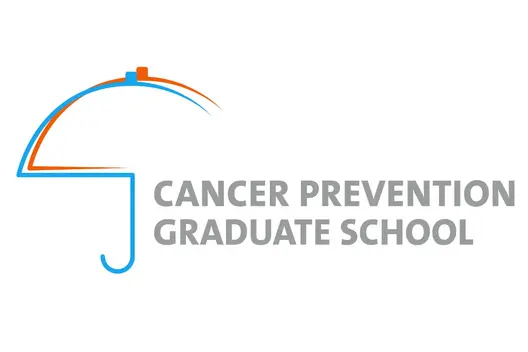National Cancer Prevention Center

The National Cancer Prevention Center was initiated in 2019 by the DKFZ and German Cancer Aid as part of a long-term strategic partnership. It brings together the DKFZ's existing research activities under one roof and integrates research, education and training, public outreach, policy advice, and outreach initiatives. Together with its partners, the National Cancer Prevention Center further develops cancer prevention and systematically expands it throughout Germany.
Memorandum on cancer prevention research in Germany
The "Memorandum on Cancer Prevention Research in Germany", which was drawn up by German Cancer Aid together with the DKFZ, identifies existing deficits and describes relevant fields of action and possible solutions for further development.
In January 2025, the progress report on the memorandum was published.


